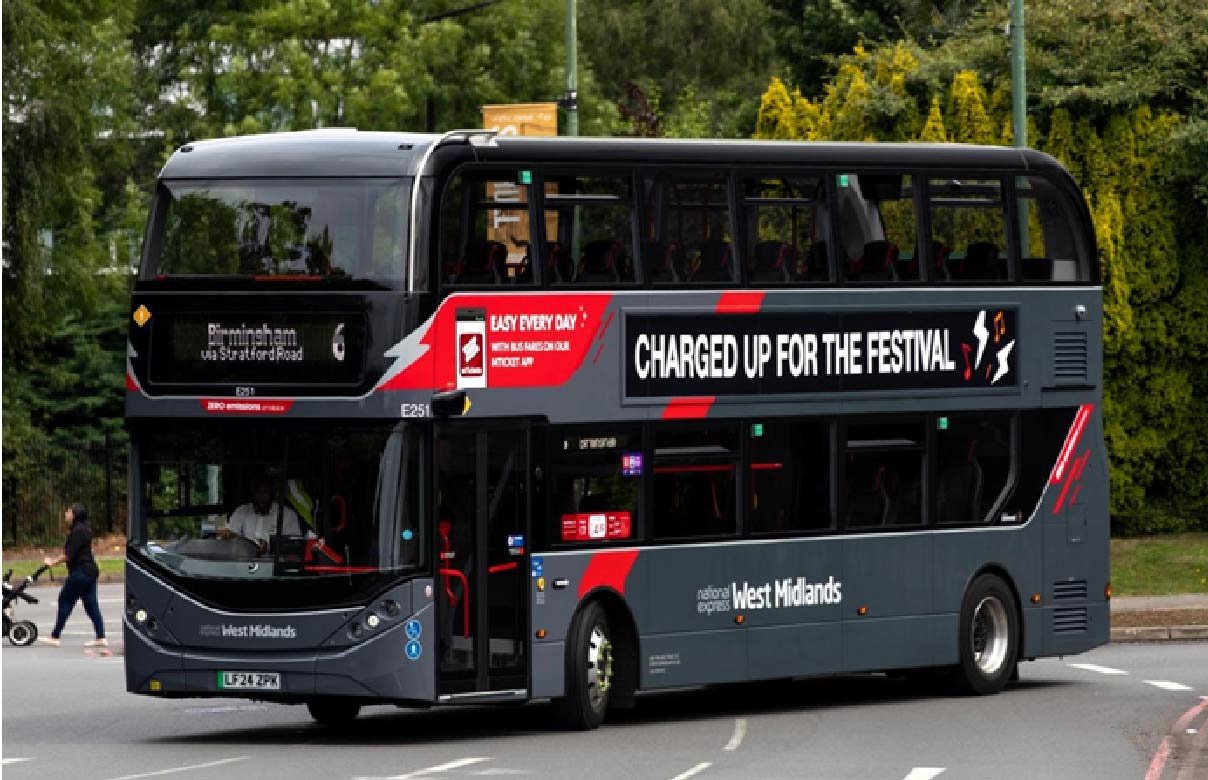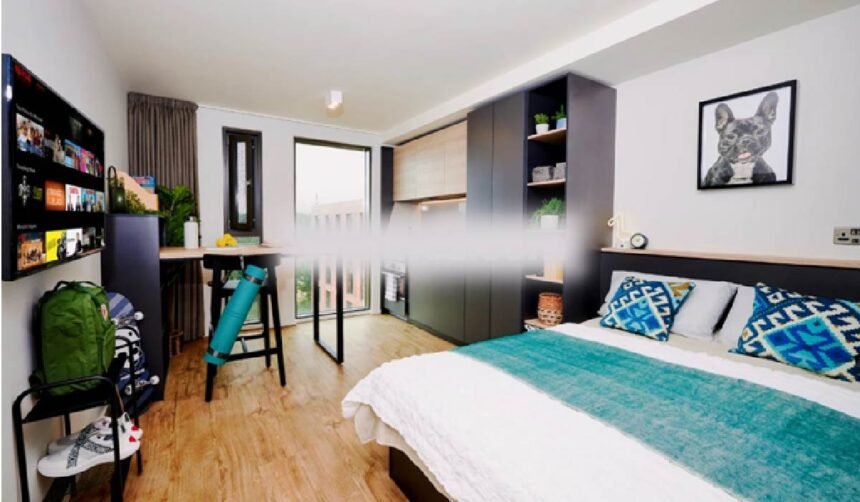Birmingham, a bustling city in the heart of the UK, is a top destination for students thanks to its world-class universities, vibrant culture, and affordable lifestyle. For those seeking affordable student flats in Birmingham, the city offers a diverse range of options, from modern city-center apartments to shared houses in student-friendly neighbourhoods like Selly Oak and Harborne. Balancing academic life with budgeting can be challenging, but understanding the detailed costs of living in Birmingham is key to making informed financial decisions. This guide breaks down essential expenses—from housing and groceries to transport and socializing—to help students plan effectively.
1. Accommodation Costs: Your Biggest Expense
Accommodation is typically the largest monthly expense for students. Birmingham’s housing market caters to all budgets, but prices vary significantly depending on location and type.
University of Birmingham Accommodation
For first-year students, University of Birmingham halls of residence is a popular and convenient choice. On-campus residences like The Vale Village and Pritchatts Park offer en-suite rooms, shared kitchens, and inclusive utilities. Prices range from £120 to £220 per week, depending on room type and facilities. These options provide proximity to lectures, libraries, and campus events, making them ideal for students prioritizing convenience.
Private Student Housing
Many students opt for private University of Birmingham accommodation on platforms like uhomes.com after their first year. Shared houses in Selly Oak—the student hub near the University of Birmingham—are the most affordable, with rooms costing £80–£150 per week. Bills (energy, water, Wi-Fi) are usually included for purpose-built student accommodations (PBSAs). City-centre apartments are pricier, averaging £150–£250 per week, but offer shorter commutes to amenities.
Top tip: Start your housing search early to secure the best deals, and always verify contracts with your university’s housing office.
2. Utilities and Bills
If your accommodation doesn’t include bills, factor in these monthly costs:
- Energy (gas/electricity): £50–£80 (shared house) or £90–£120 (solo apartment).
- Water: £20–£30.
- Internet: £20–£30 for a decent broadband package.
- Mobile phone: £10–£20 for a SIM-only plan with data.
Many private student accommodations bundle utilities into rent, simplifying budgeting.
3. Groceries
Birmingham boasts affordable supermarkets like Aldi, Lidl, and Asda, where students can stock up on essentials without breaking the bank. A weekly grocery shop typically costs £25–£40, depending on dietary preferences.
Sample prices:
- Milk: £1.20
- Bread: £1.00
- Chicken breast (500g): £3.50
- Pasta (500g): £0.70
Cooking at home with flatmates is a great way to save money. For quick meals, budget-friendly meal deals (£3–£5) are available at Tesco, Boots, or Greggs.
4. Transportation: Getting Around Affordably
Birmingham’s public transport network is student-friendly:
- Buses: A single ticket costs £2–£4, but weekly passes (£15–£20) or termly student passes offer better value.
- Trains: For trips to nearby cities like Coventry or Wolverhampton, a 16–25 Railcard saves 1/3 on fares.
- Cycling: Birmingham is bike-friendly, with second-hand bikes available for £100–£200.
Many students walk to campus if living in Selly Oak, near University of Birmingham accommodation, or near BCU accommodation, eliminating transport costs entirely.

5. Socializing and Leisure
Birmingham’s thriving social scene doesn’t have to be expensive:
- Pubs: A pint costs £4–£5. Happy hours and student nights (e.g., Popworld’s £1.50 drinks) stretch budgets further.
- Cinema: Tickets start at £6 (student discount), or opt for £5–£8 at indie venues like The Electric.
- Gigs and clubs: Entry fees range from £5–£20. Follow venues like O2 Academy Birmingham for student deals.
Allocate £50–£100 monthly for social activities to avoid overspending.
6. Study Costs: Books, Supplies, and Printing
While tuition fees cover most academic expenses, additional costs include:
- Textbooks: £30–£100 each. Save by buying second-hand, borrowing from libraries, or using e-books.
- Printing: University of Birmingham libraries charge 5p–10p per page. Budget £10–£20 per term.
- Stationery: £10–£30 annually.
7. Health and Wellness
- NHS Dental Care: Free for students under 19; others pay £23.80–£282.80 per treatment.
- Gym memberships: £15–£30 monthly (PureGym, The Gym Group). The University of Birmingham’s Sport & Fitness Centre offers student discounts. Some uhomes.com Birmingham student accommodations offer free gyms for students to keep fit while studying.
- Mental health: Free support via university counseling services.
8. Miscellaneous Expenses
- Laundry: £3–£5 per wash/dry in shared accommodations.
- Clothing: Charity shops (Oxfam, Barnardo’s) offer quality items for £5–£15.
- Travel insurance: £10–£30 monthly for international students.
Monthly Budget Breakdown
Here’s a realistic monthly estimate for a student in Birmingham:
- Accommodation: £400–£600
- Utilities: £50–£100
- Groceries: £100–£160
- Transport: £20–£50
- Socializing: £50–£100
- Study costs: £20–£40
- Miscellaneous: £30–£60
Total: £670–£1,110 per month (excluding tuition fees).
Money-Saving Tips for Birmingham Students
- Use student discounts: Apps like UNiDAYS and Student Beans offer deals at retailers, restaurants, and cinemas.
- Rent all-inclusive Birmingham student accommodation with the best deals on platforms like com.
- Cook in bulk: Meal-prepping reduces food waste and costs.
- Cycle or walk: Cut transport expenses while staying active.
- Share costs: Split bills, streaming services, and grocery deliveries with flatmates.
- Track spending: Budgeting apps like Monzo or Emma help manage finances.
Final Thoughts
Living in Birmingham as a student is both affordable and enriching, provided you plan wisely. From securing budget-friendly student accommodation in Birmingham to leveraging the convenience of University of Birmingham accommodation, every choice impacts your overall expenses. By prioritizing essentials, taking advantage of discounts, and exploring the city’s low-cost attractions, you can enjoy a fulfilling student life without financial stress. Whether you’re strolling through Cannon Hill Park or hitting the books in the university library, Birmingham offers a balanced lifestyle that proves quality education doesn’t have to come at a premium.









